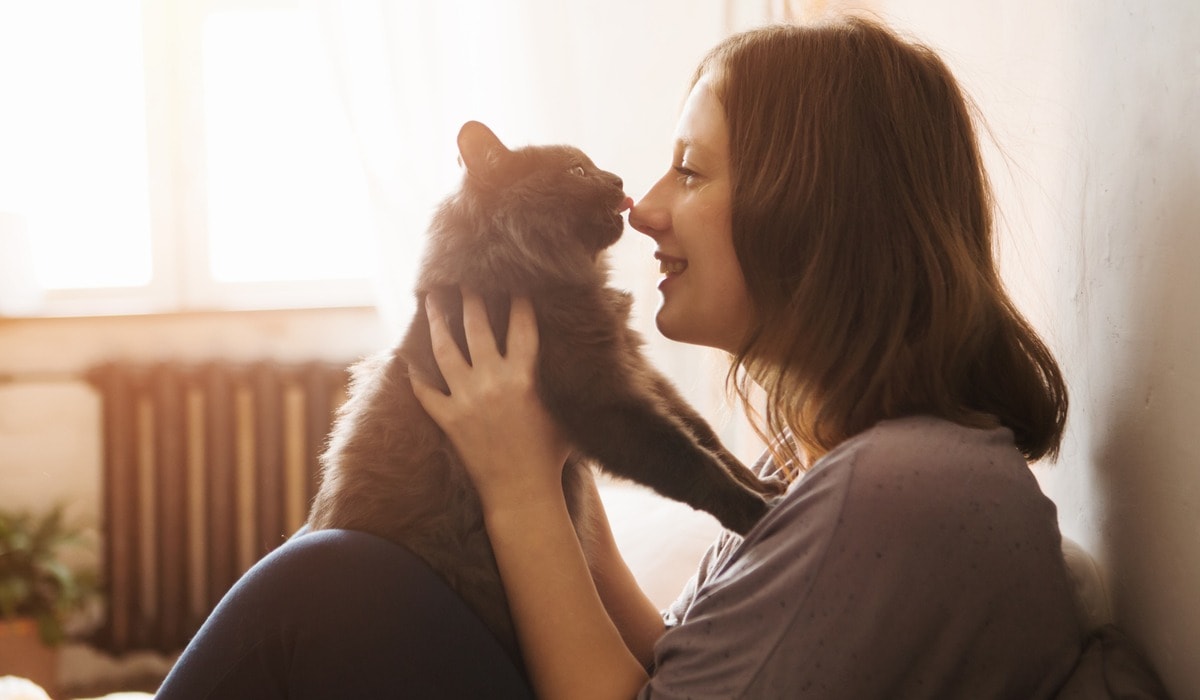Ensuring your cat maintains a healthy weight is without doubt one of the biggest responsibilities a pet parent faces.
Obesity is a frequent issue among felines, and one that can lead to serious ill health.
At the other end of the spectrum, an underweight cat is also cause for real concern.
Gradual weight loss can easily go unnoticed if you’re not careful, and the effects can be long-lasting and extremely damaging to a cat’s physical and mental well-being.
Not eating enough food is often attributed to a drop in feline weight, although anxiety, stress, diabetes and other medical conditions can also be underlying causes.
The longer your cat carries on losing weight, the more serious the situation becomes with underweight cats more susceptible to injury and illness.
This is why it’s critical you know whether your cat is too skinny.


